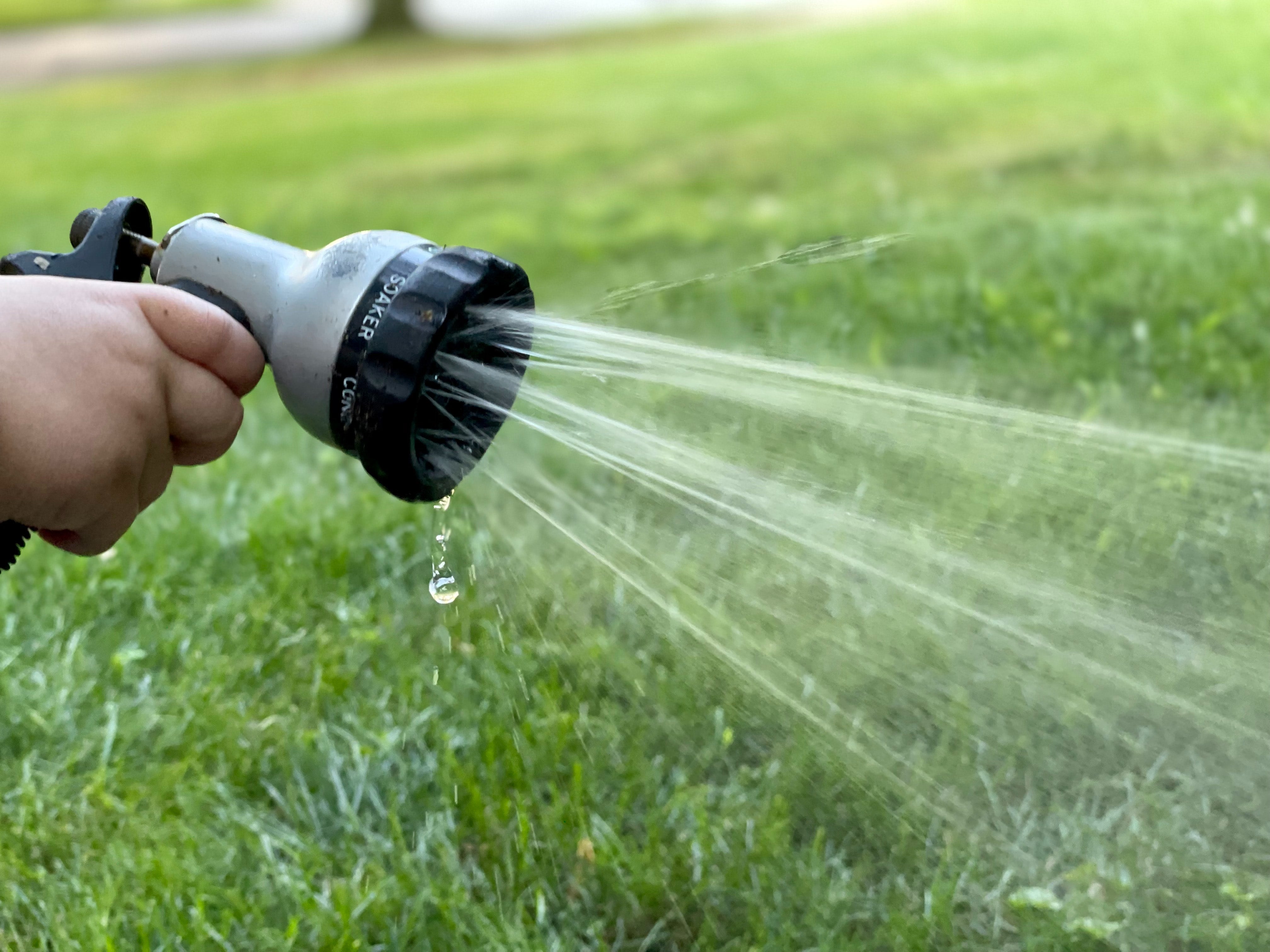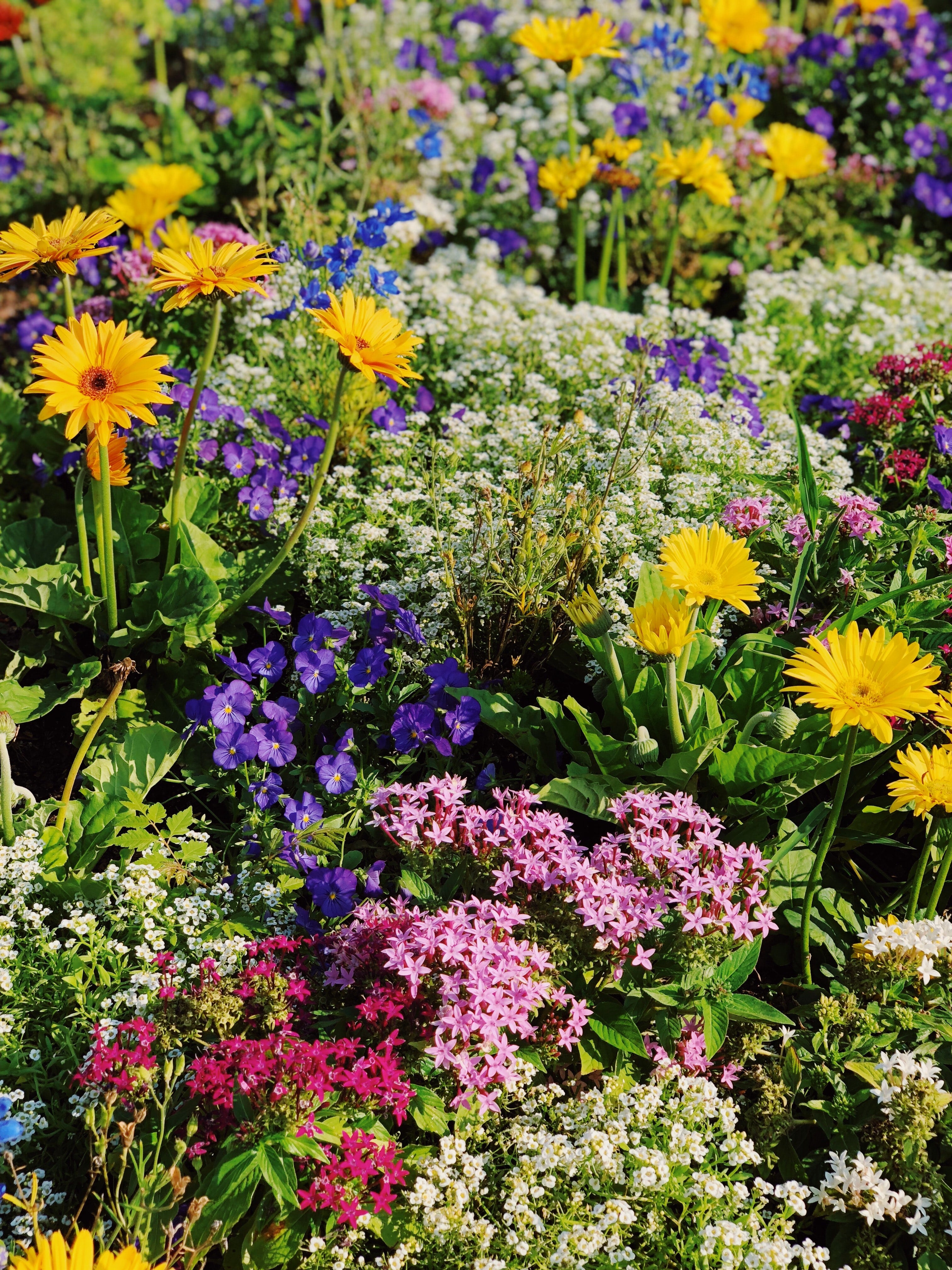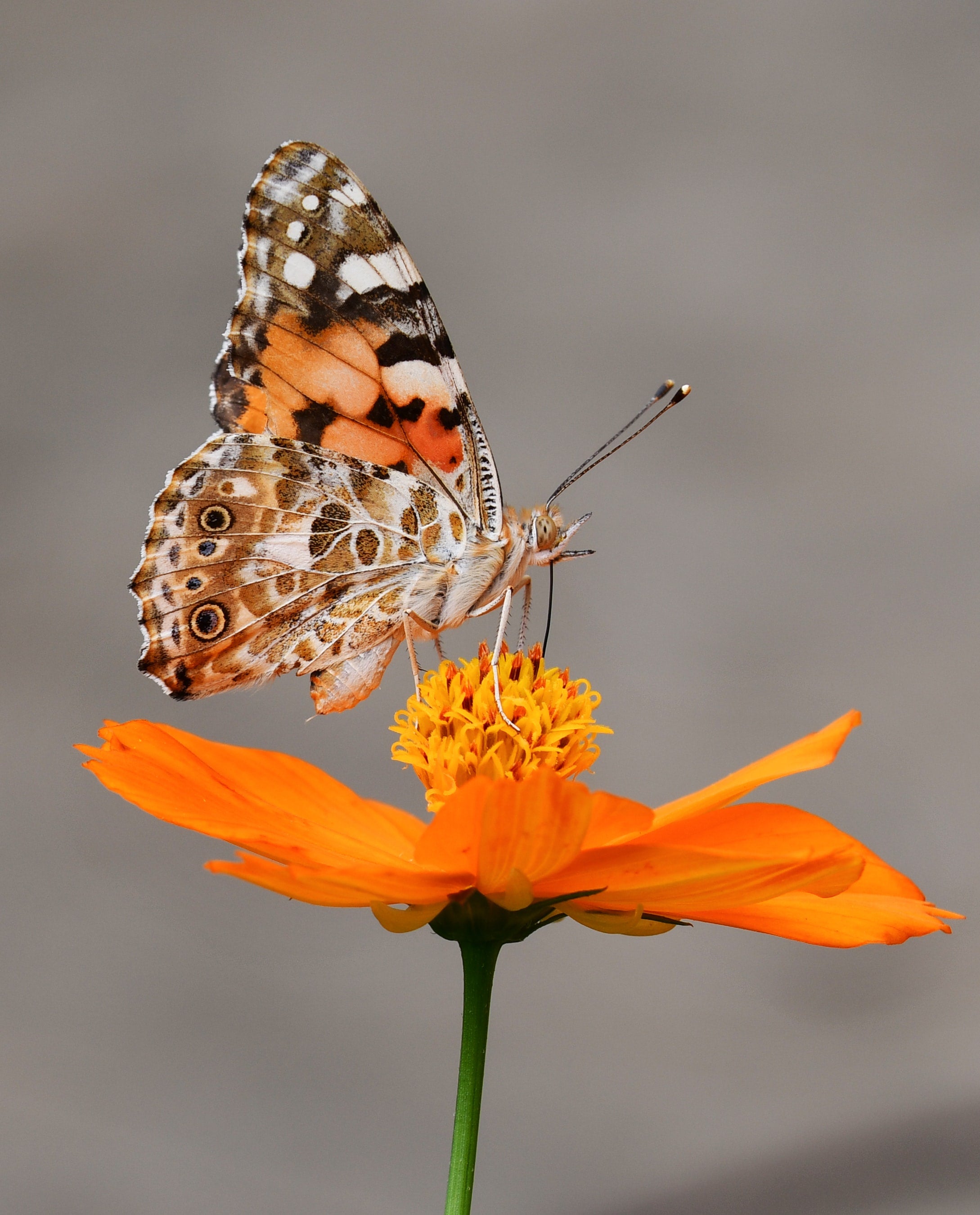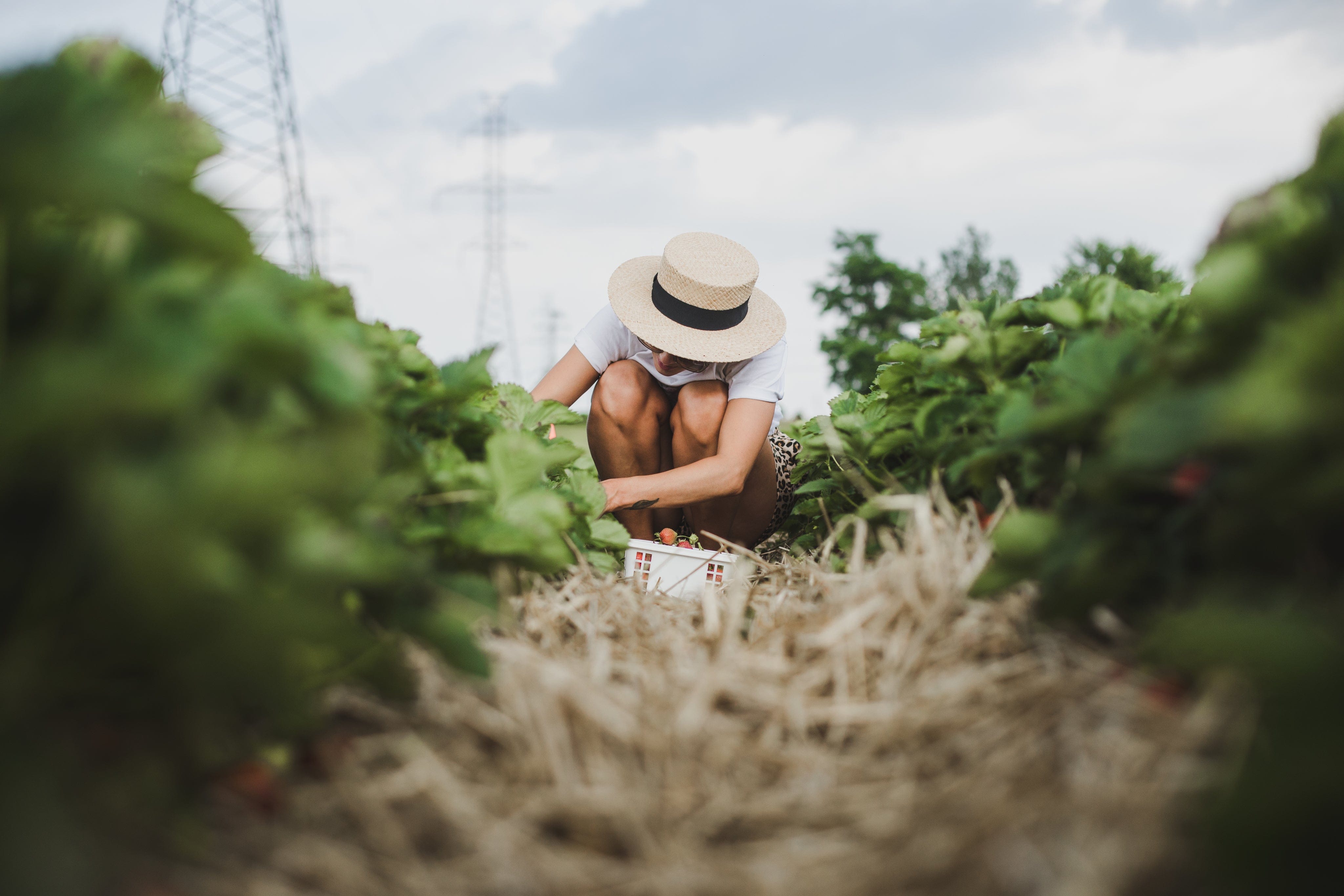
Assess Your Garden's Water Requirements
As a gardener, ensuring your garden has sufficient water is crucial to keeping your plants healthy and thriving. South Africa, with its diverse climatic regions, presents a unique challenge when it comes to assessing your garden's water requirements. In this article, we'll explore the factors that influence the water requirements of your garden, as well as tips and tricks to help you accurately assess and meet those needs.
Assessing Your Soil Type
One of the critical factors in determining your garden's water requirements is understanding your soil type. South Africa has a diverse range of soils, including sandy, clay, loam, and peat. Each soil type has a different water-holding capacity, which means that some soils retain water better than others. Assessing your soil type will help you understand how much water your garden needs and how often you should water your plants.
In South Africa, water conservation is a major concern. Before watering your garden, it's important to assess whether your plants actually need it. One way to do this is by using a moisture meter to check the soil's moisture levels. You can also dig a small hole and feel the soil's moisture level with your hands.
Determining Your Garden's Water Needs
Once you have assessed your soil type, the next step is to determine your garden's water needs. The amount of water your garden needs depends on several factors, such as the type of plants you have, the season, the climate, and the soil type. As a rule of thumb, most plants need at least 2.5 cm of water per week, which can be increased to 5-10 cm during hot and dry periods.
Another essential factor to consider is the weather conditions. During periods of high temperatures and low humidity, plants lose more water through transpiration, making it necessary to water more frequently. In contrast, during periods of high humidity, plants lose less water, meaning they need less water. It's also essential to consider the type of plant you have. Some plants, such as succulents, store water in their leaves and stems, meaning they require less frequent watering.
Using Water-Efficient Gardening Techniques
One of the most effective ways to reduce your garden's water requirements is by using water-efficient gardening techniques. These techniques include mulching, which helps to retain moisture in the soil, and choosing drought-resistant plants that require less water. Additionally, grouping plants with similar water needs and using drip irrigation can also help reduce your water consumption.
To prevent water loss, it's important to water your garden during the early morning or late afternoon when temperatures are cooler and there's less evaporation. Avoid watering during the hottest part of the day, as this can cause water to evaporate before it reaches the roots.
Collecting and Using Rainwater
Rainwater harvesting is another excellent way to reduce your garden's water requirements in South Africa. By collecting and using rainwater, you can provide your plants with a free, sustainable, and eco-friendly source of water. You can collect rainwater using a variety of methods, such as installing rainwater tanks or using a simple rain barrel.
Avoiding Overwatering
Overwatering is a common mistake that many gardeners make, which not only wastes water but also harms your plants. Overwatering can cause root rot, which can kill your plants, and encourage the growth of weeds and pests. To avoid overwatering, make sure to assess your soil's moisture level, water your plants deeply but infrequently, and avoid watering your plants during the hottest part of the day.
When it comes to watering your garden, it's important to do so efficiently to conserve water. One way to achieve this is by using a drip irrigation system. Drip irrigation delivers water directly to the plant's roots, reducing water loss through evaporation and runoff. You can also use a soaker hose or watering can to water your plants directly at the roots.
Using Greywater
Greywater is an often-overlooked source of water that can be used in your garden. Essentially, greywater is the wastewater that is produced from your washing machine, shower, and sink. While this water is not safe for drinking, it is generally safe to use in your garden.
There are a few things to keep in mind when using greywater in your garden. First and foremost, it is important to avoid using any cleaning products that contain harsh chemicals or other toxins. These substances can be harmful to your plants and the soil, and they can also be dangerous to pets and wildlife.
Additionally, you should avoid using greywater on edible crops that will be consumed raw, such as lettuce or herbs. Instead, focus on using it for trees, shrubs, and other ornamental plants that are not directly consumed by humans.
Summary
We hope these tips and tricks help you to assess and meet your garden's water requirements. Exploring factors that influence water needs, such as soil type, climate, plant type, and season.
The post offers various techniques to reduce water requirements, including using water-efficient gardening techniques, collecting and using rainwater, avoiding overwatering, and using greywater. By implementing these methods, you can conserve water, reduce their environmental impact, and help their plants thrive.




Leave a comment
This site is protected by hCaptcha and the hCaptcha Privacy Policy and Terms of Service apply.